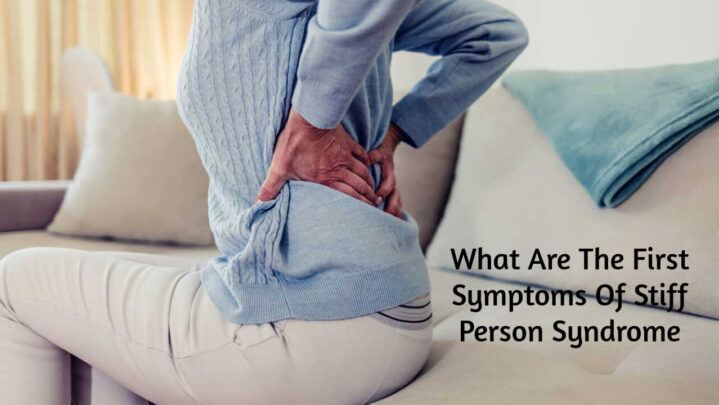Stiff Person Syndrome (SPS) is a rare neurological illness that affects the muscles and produces stiffness and spasms throughout the body. The actual cause of SPS is unknown, but it is assumed to be an autoimmune condition.
Early signs of SPS might be mild and develop gradually over time. However, the most prevalent symptom of SPS is muscle stiffness, which can be confused with arthritis or fibromyalgia. The stiffness may affect the neck, back, and legs, making moving difficult and creating pain.
In addition to muscle stiffness, persons with SPS may experience muscle spasms and cramps, which can be severe and unexpected. These spasms might be caused by stress, anxiety, or other mental or physical reasons. Muscle spasms can also result in involuntary body movements, such as jerking or twitching.
Other signs of Stiff Person Syndrome include:
1. Hypersensitivity to touch or sound
2. Anxiety and depression
3. Difficulty with balance and coordination
4. Fatigue and weakness
5. Breathing difficulties
You must see a doctor for an appropriate diagnosis if you have any of these symptoms. SPS is a rare disorder that might be difficult to detect. Your doctor may request blood testing for specific antibodies linked to SPS. They may also conduct imaging tests to rule out other illnesses that can cause similar symptoms.
Early diagnosis and therapy can help you manage your SPS symptoms and improve your quality of life. In addition, medication to alleviate muscle stiffness and spasms and physical therapy to increase mobility and strength may be used to treat the condition.





